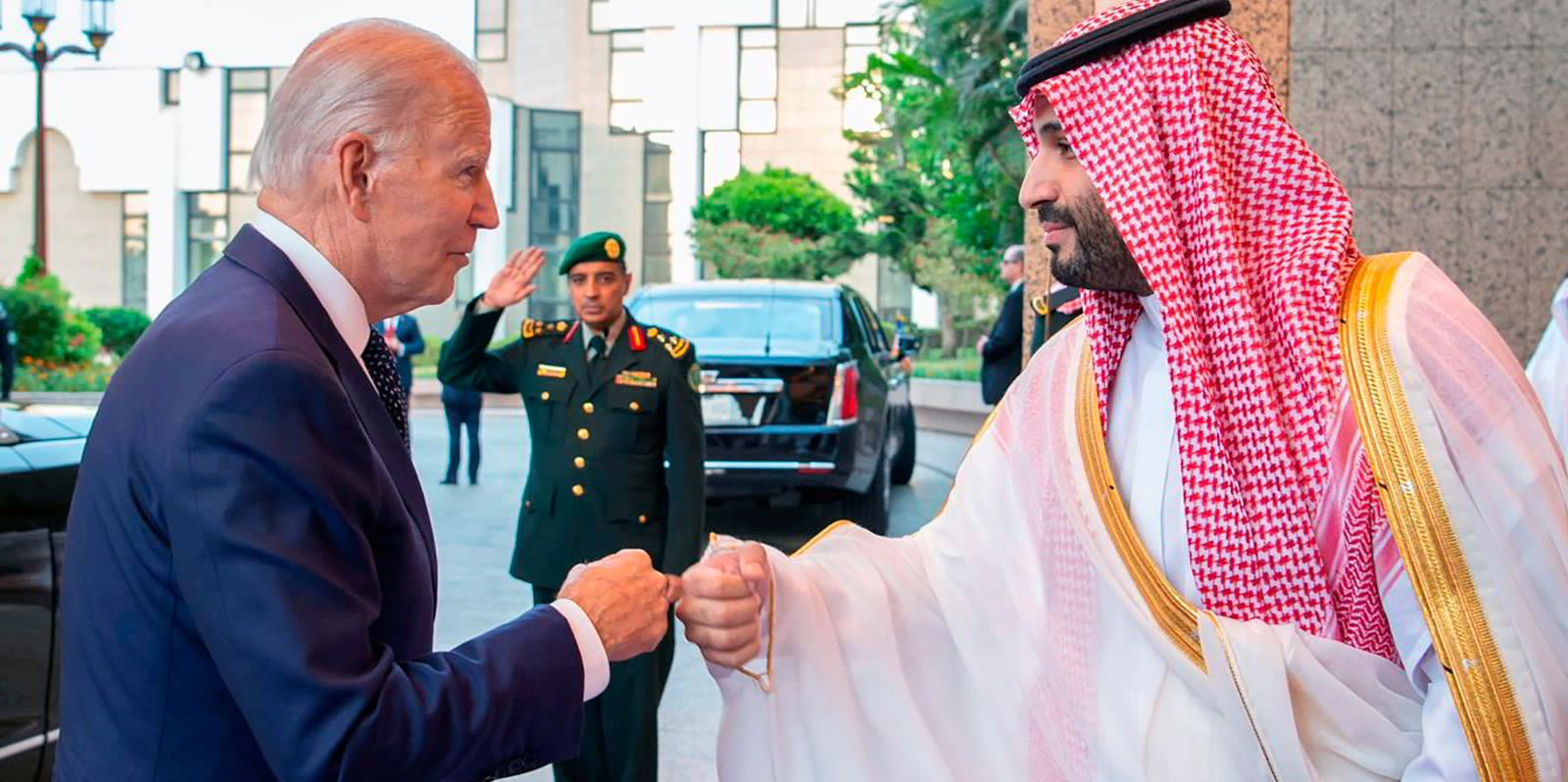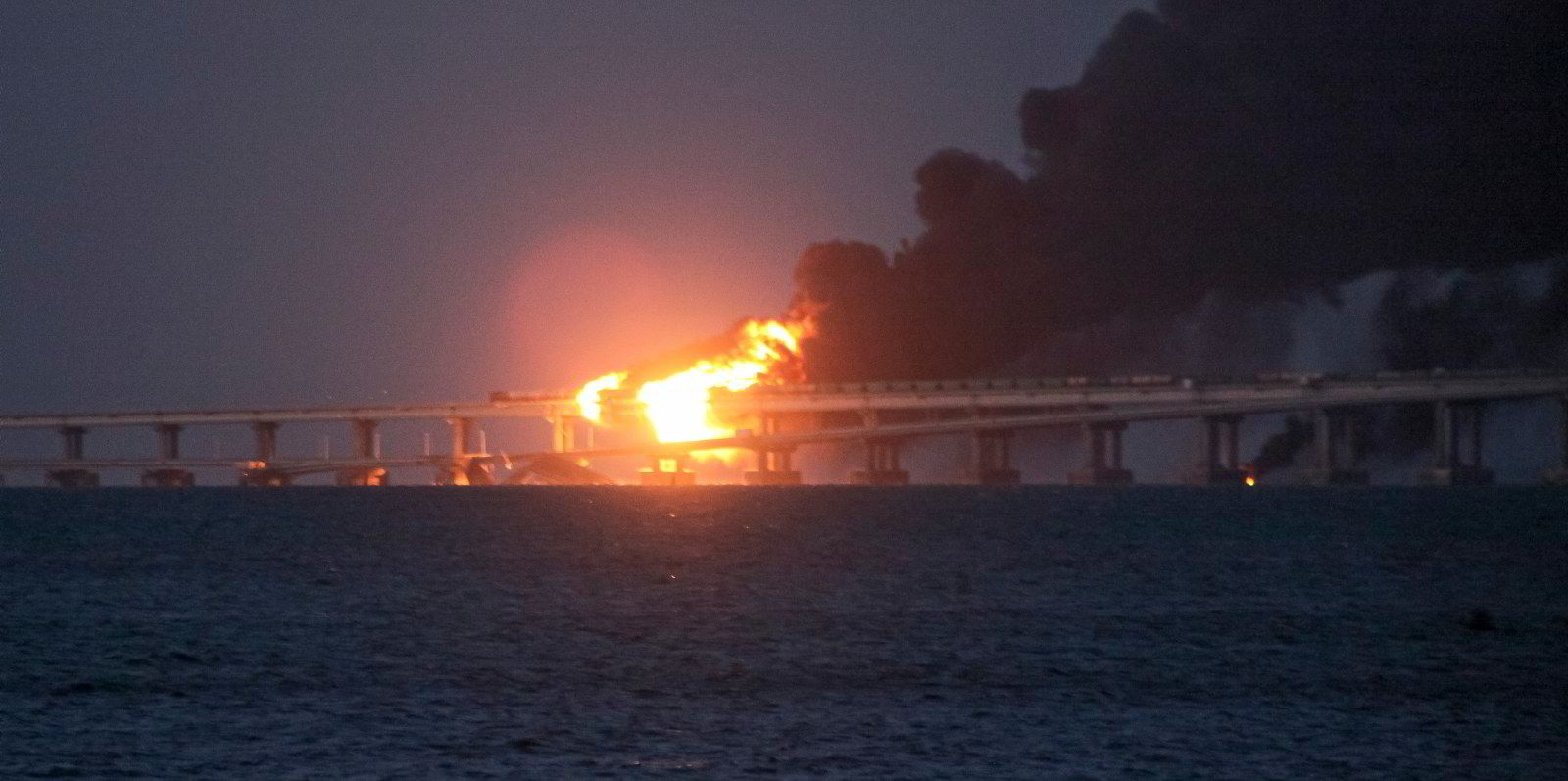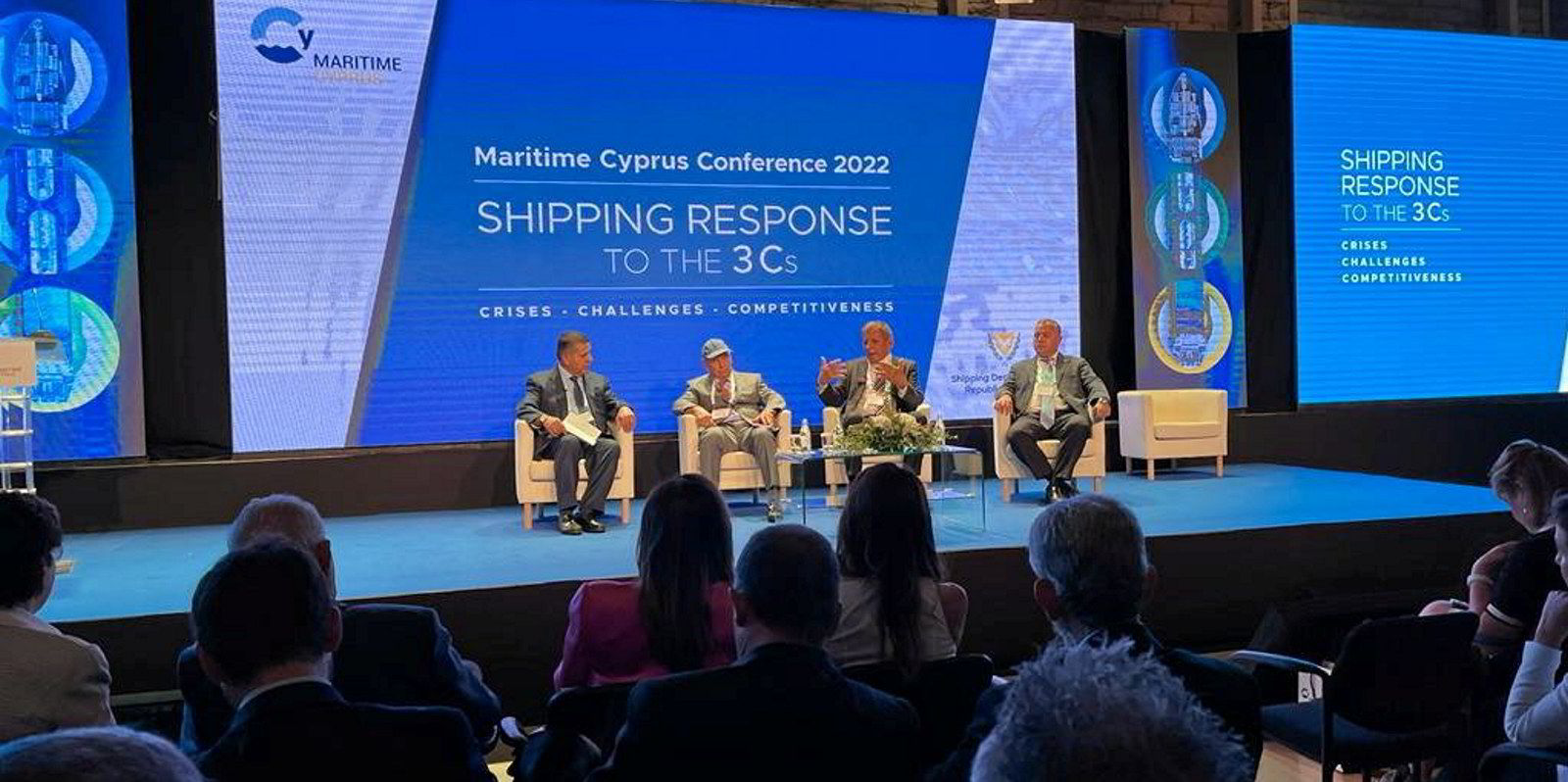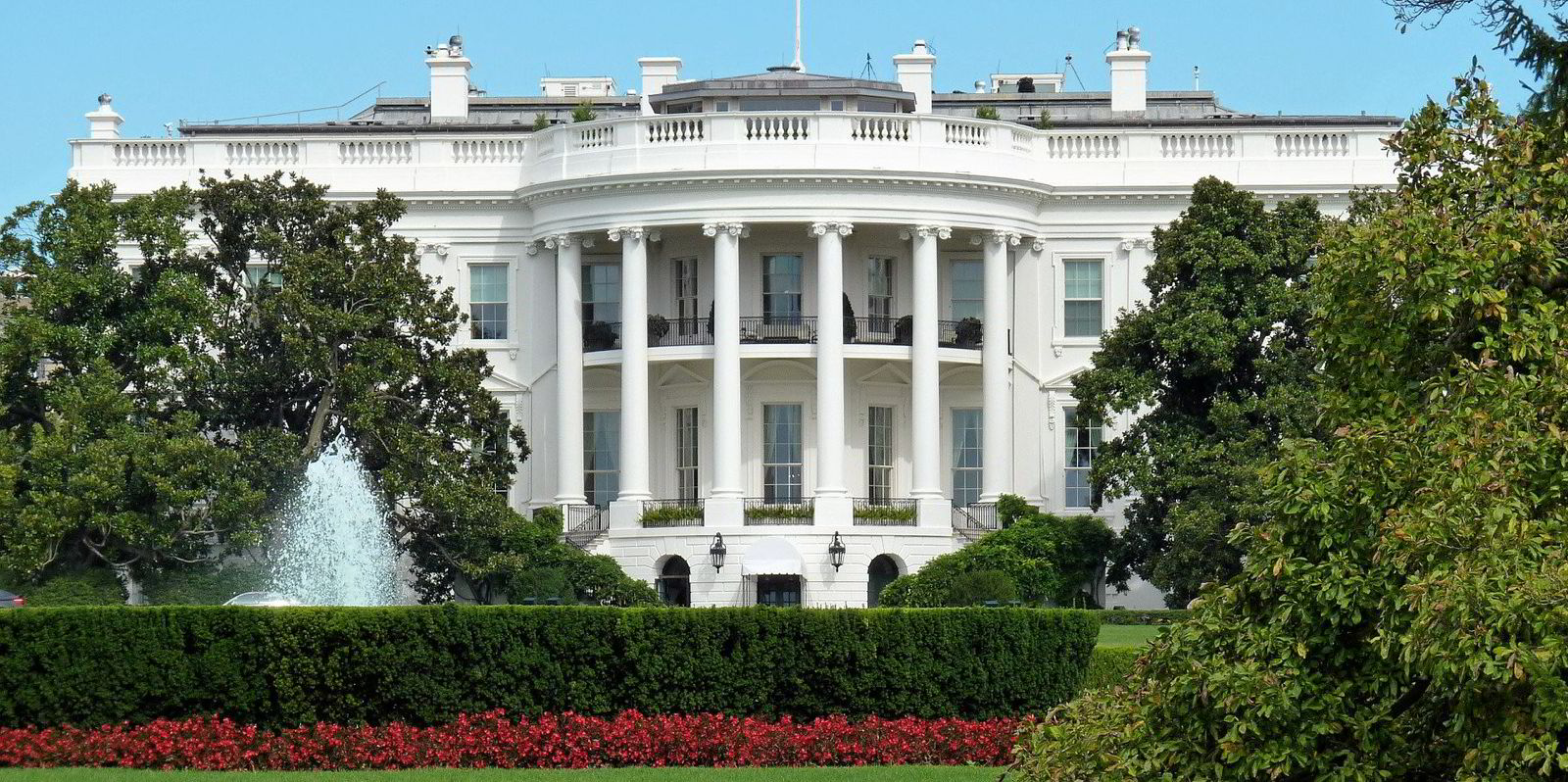Leading Greek shipowner George Procopiou seized the headlines this week by praising lenders for sticking with borrowers during the turbulent times of the maritime markets.
It is not often you get such an emotional “thank you” to financiers from vessel operators — nor quite such a graphic description of just how volatile the industry is.
The principal of Dynacom Tankers and Dynagas said data following the industry’s progress would look like “a dead man graph” only for resurrection to follow.
‘Europe has treasure’
The freight markets are of course flying high again, hence the Lazarus-like references, but the words were also tellingly made in Cyprus.
The Mediterranean island along with Greece and Malta is currently at the centre of a row with other member states in the European Union over the latest outline plans to impose a price cap on Russian crude.
Limassol is concerned that the competitiveness of its substantial local fleet could be undermined by the measure — unless it is adopted globally. Cyprus fears price caps could lead to shipowners flagging out of the EU to keep on trading Russian cargoes more effectively.
Procopiou himself expressed concern about this, as, more graphically on this occasion, did Polys Hajioannou of Safe Bulkers, who said: “Europe has treasure in its hands — it shouldn’t kill it.”
And of course, Procopiou has made no secret of the fact that his companies continue to lift Russian oil and gas.
The proposed price cap, which must still be agreed by the European Council of Ministers, is part of an eighth round of sanctions imposed by the EU as a result of Moscow’s decision to send its military into Ukraine.
The move comes on top of an EU ban on Russian crude imports from 5 December and a similar bar on products two months later. The latter should help boost global tanker miles as Moscow is forced to trade with more distant countries.
The political temperature around the Ukraine conflict was raised this week by massive explosions on a bridge to Crimea followed by tit-for-tat Russian missile attacks on civilian areas in Kyiv and elsewhere — condemned by nine neighbouring countries as “war crimes”.
But there was victory of sorts in recent days for the Kremlin as Opec surprised the market by agreeing with Russia to cut the cartel’s oil production by 2m barrels per day.
That was certainly a kick in the teeth for US President Joe Biden, who had visited Riyadh in the summer and thought he had an agreement for more, not less, oil to be brought into the market. It was also not helpful to tankers that generally thrive when there are lower energy prices.
But as Procopiou indicated, the shipping markets are generally doing rather well, not least gas but also for those carrying crude and products.
The price of Brent blend crude rose to near $99 per barrel after Opec made its move on 5 October but was back down to $94 by Tuesday, not least as Biden released yet more oil from the US strategic petroleum reserve.

Quota cheating
Shipbroker Fearnleys had warned that without a response from Washington, VLCCs could have been hit hardest, but rival analysts at Lorentzen & Co predicted that quota cheating by Opec members would continue and help bolster oil supply volumes.
There have also been rumblings in the US about the possibility of politicians launching new legislation known as No Oil Producing and Exporting Cartels — providing the rather wonderful acronym Nopec. This would be aimed at removing the sovereign immunity that has protected Opec nations thus far.
But there is powerful opposition to this, not least from the local oil industry lobby group, the American Petroleum Institute, which fears Nopec would completely destabilise the global crude market.
Equally, there has been speculation that Biden could limit or even ban US oil exports to try to cut local energy prices as he heads into midterm elections next month. This too seems unlikely to see the light of day due to ferocious opposition from the American Petroleum Institute and others.
Meanwhile, the latest company earnings to illustrate the booming tanker markets came from Greece-based Top Ships when it posted first-half net profits of $8.6m — up 412% on last time and the best results seen in the business since 2005.
There were also new indicators from the sale-and-purchase market showing tanker values at their highest for 13 years, according to the Baltic Exchange.
Bridges are burning but tankers are back from the dead.






